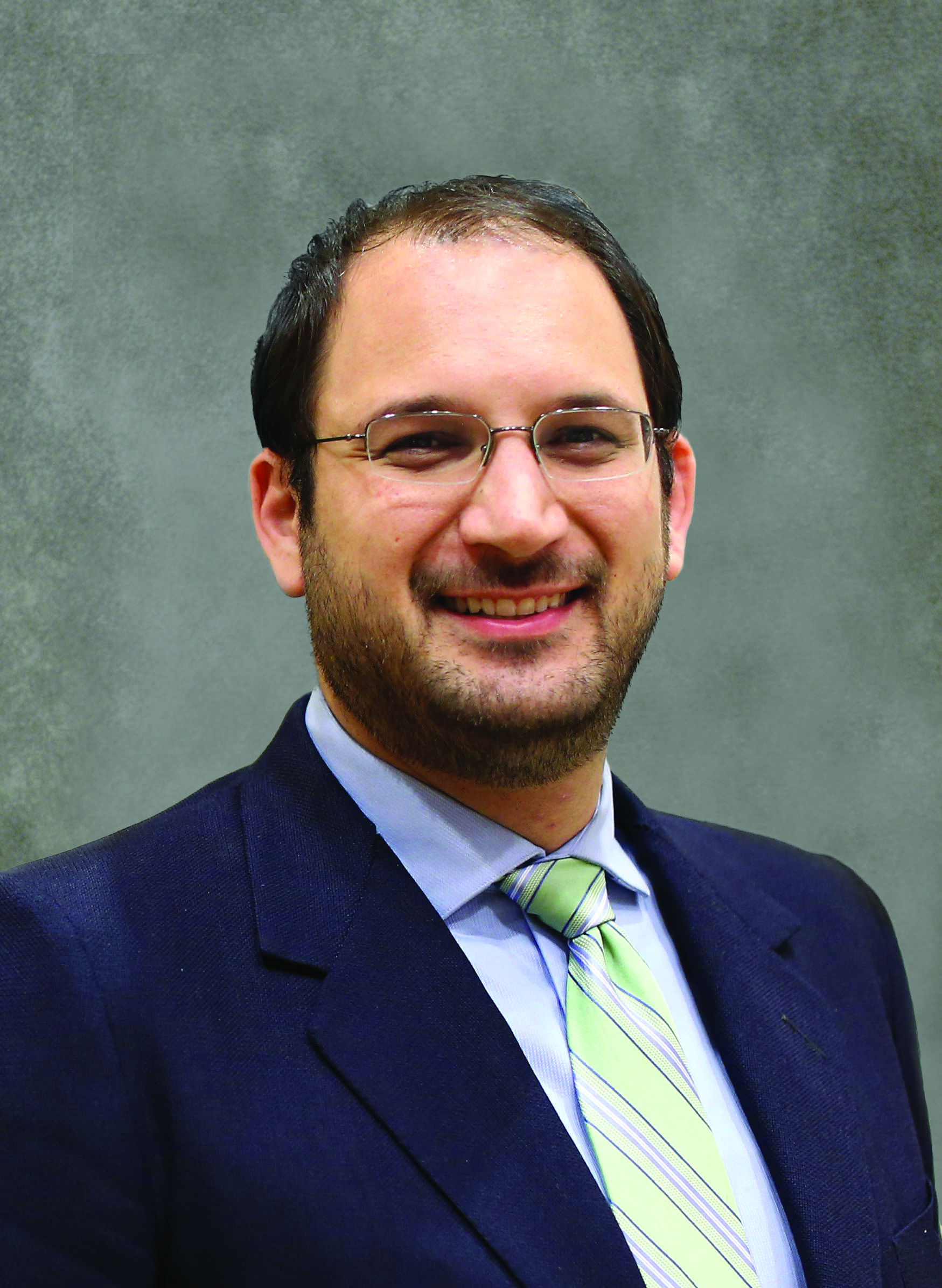
Matthew D. Lerner, PhD
Autism Researcher Matthew D. Lerner, PhD, Awarded Prestigious $2.3 million BRAINS grant from NIMH
Matthew D. Lerner, PhD, an autism researcher and clinical psychologist at the Stony Brook Center for Autism Spectrum Disorders, received a $2.3 million Biobehavioral Research Award for Innovative New Scientists (BRAINS) from the National Institute of Mental Health (NIMH) for his research project, “Optimizing Prediction of Social Deficits in Autism Spectrum Disorders.”
The goal of the BRAINS program is to support outstanding young scientists such as Dr. Lerner, in launching innovative clinical, translational, basic or services research that can profoundly transform the understanding, diagnosis, treatment or prevention of mental disorders.
Lerner, who is also an assistant professor in the Department of Psychology at Stony Brook University, is director of the Stony Brook Social Competence and Treatment Lab (SCTL), which focuses on understanding how children and teens connect to one another and make friends, with a particular focus on helping those with autism spectrum disorders (ASD).
Children with these disorders have social challenges that become even more difficult as they experience the social demands of school. Current understanding of the biological and psychological processes contributing to these difficulties remains limited.
Through this project, Lerner will directly examine the relation of biological and psychological factors to real-world social functioning in teens with and without ASD. He will also examine how these factors interrelate and determine which of these can best explain the social outcomes.
According to Lerner, “Humans are a fundamentally social species, yet there are many ways the development of subtle, complex social ability can go awry. At the Stony Brook SCTL, we strive to better understand how this happens, and help create a more accessible, rewarding social world for kids and teens, whether they have ASD or not. This BRAINS award shows that the NIMH is similarly committed to helping those who struggle socially in this way, and will dramatically accelerate and improve our ability to provide answers to those who need them most. I am so grateful to receive this award, and will work hard to ensure the scientific insights it yields translate into real, tangible benefits for the families with whom we work.”
Findings from the “Optimizing Prediction of Social Deficits in Autism Spectrum Disorders” study will help uncover the basic processes leading to social challenges, which is a crucial step toward developing improved, precision treatments for youth with ASD.
To learn more about Dr. Lerner and the Stony Brook Social Competence and Treatment Lab, visit www.lernerlab.com.
